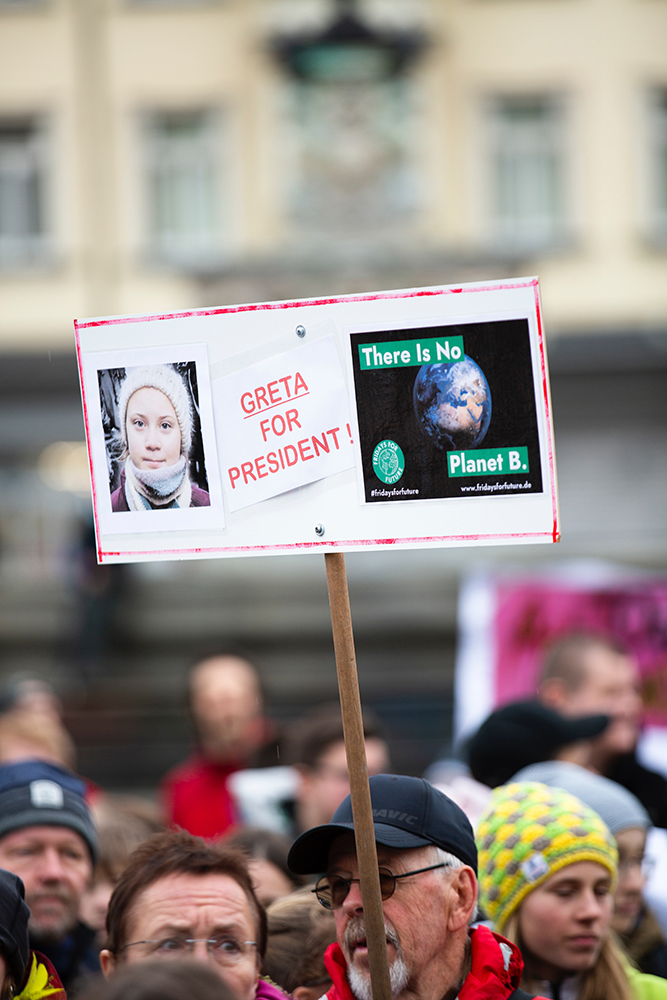
France, with extreme lockdown measures, recorded a 13.8 per cent hit in the June quarter and 5.9 per cent contraction in the March quarter.
Sweden, which had much less severe COVID-19 containment measures compared to other countries, recorded an 8.3 per cent contraction in the June quarter and 0.2 per cent growth in the March quarter.
“We didn’t go down the path of countries like Sweden which put few restrictions in place. At the same time, we didn’t go down the path of countries like France which accepted and adopted extreme lockdowns, totally shutting down large parts of their economy. Instead, we chose our own path,” Mr Frydenberg said.
Both France and Sweden both recorded higher death rates than Australia of 469 and 576 deaths per 1 million people.
Australia outperformed Japan, the United States, Germany, the OECD average of 9.8 per cent, Canada, at 11.5 per cent and Italy with 12.4 per cent.
“And of course the United Kingdom at over 20 per cent, around three times the fall of what we’ve seen here in Australia,” Mr Frydenberg said.
“We have performed better in the most difficult circumstances than allthese other developed nations.”
The hardest hit countries in the June quarter included India, with a 29.3 per cent contraction; the United Kingdom with a 20.4 per cent contraction; Mexico with a 17.3 per cent contraction; and Singapore with a 13.1 per cent hit.
EY predicted Australia’s strict COVID-19 measures would not hit June GDP as severely as other countries that have experienced similar lockdowns, because of the amount of government stimulus.
Mr Frydenberg said part of Australia’s comparative success was placing $314 billion worth of financial support on the table for Australians to “build a bridge to the other side of this crisis”.
Finland’s government announced an emergency package of fiscal, liquidity and regulatory measures, including 15 billion ($24 billion) to support corporations, ensure jobs and boost unemployment subsidies.
The spending coincided with Finland closing its borders, restricting domestic travel and placing limits on public gatherings.
Amid tough movement restrictions, Korea’s government provided more than $900 million in unemployment benefits and a financial stabilisation plan worth 5.3 per cent of GDP, including loans, bond purchases and financial assistance to hard-hit industries.
Denmark closed all its borders, schools, entertainment, and hospitality facilities and pushed employees to work from home.
The government announced fiscal support worth about 5.7 per cent of GDP, including additional health care and measures to support workers. Some tax payments have been suspended and government guarantees introduced to boost liquidity.





More Stories
The South Australian government has promised to deliver the “biggest hit of economic adrenalin in South Australian history” in Tuesday’s budget.
Boris Johnson will proceed with his controversial Brexit bill despite US president-elect Joe Biden having previously warned the UK over the draft legislation.
Singapore-based Nektar.ai, a productivity platform for sales teams, has raised $2.15 million in seed funding. Founded earlier this year, Nektar has been working in stealth mode with five companies, and has plans for an early adopter release before a public la…